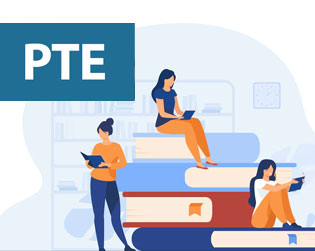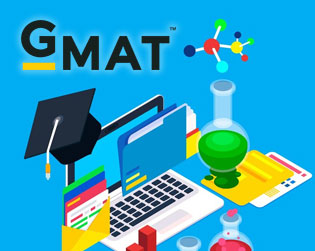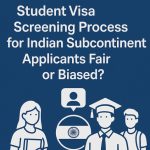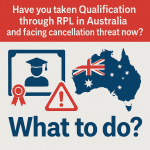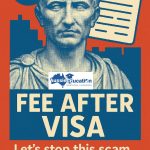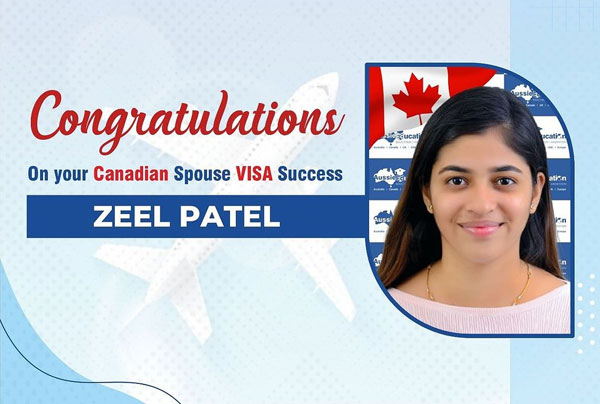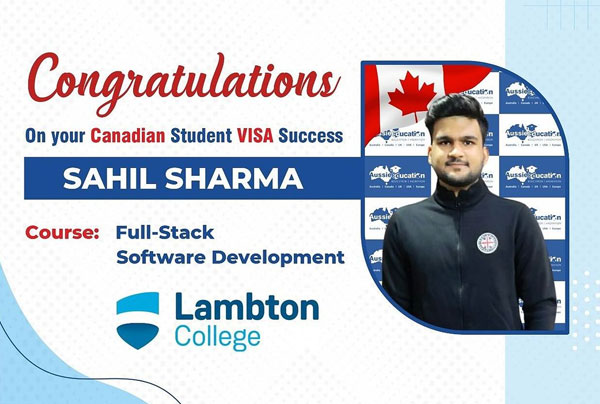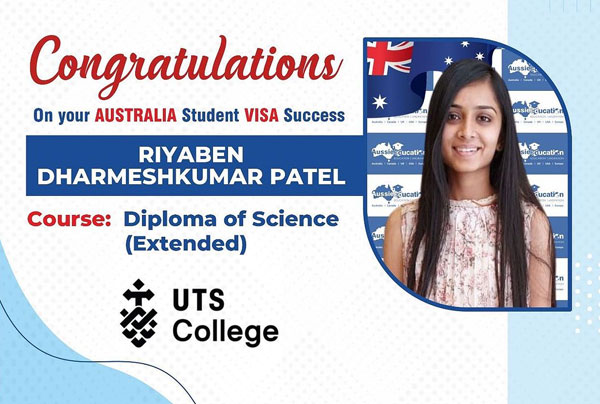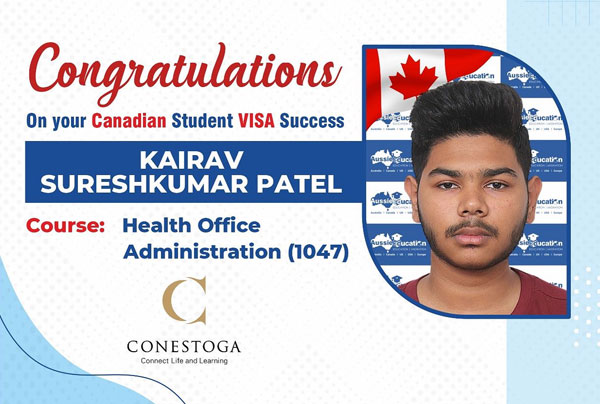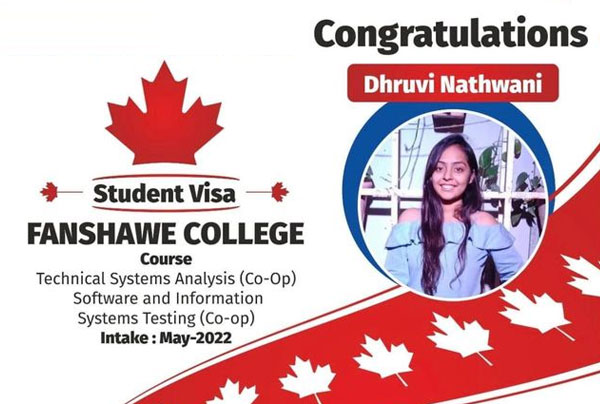Fraudulent Documents from Indian Subcontinent, its Patterns and impact on Australian Student Visa Applications and what can we do??
- Posted by
- admin<
- Categories
- Australian Visa news
- Australian Visa updates
- Lifestyle
- Managing Finances
- News Updates
- Student Visa
- Visa Application
- Work Visa
- Date
- 31 May 2025
- Comments
- 0
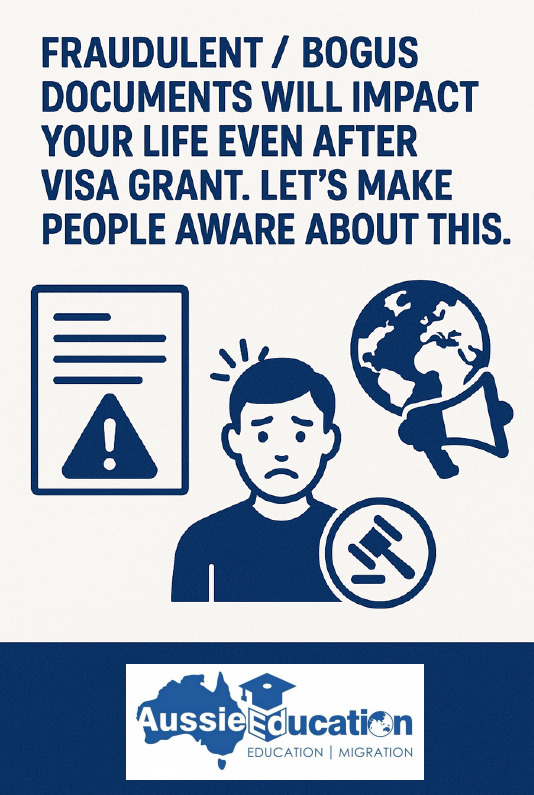
In recent years, Australia has become an increasingly popular destination for international students, particularly from the Indian subcontinent. The appeal of a world-class education, vibrant multicultural society, and potential for post-study work opportunities has drawn thousands of prospective students. However, this surge in applications has also led to a concerning trend: the submission of fraudulent or bogus documents in student visa applications. These documents are not only limited to financial aspect but even gone further in terms of fake academics as well as doctorate English test results in real time.
The Impact of Fraudulent Documents
Fraudulent documentation not only undermines the integrity of the Australian visa system but also has severe consequences for genuine students and the institutions that host them. According to the Australian Department of Home Affairs, fraudulent documents can lead to visa refusals, increased scrutiny in the application process, and potential bans from reapplying for visas. In 2023, reports indicated that approximately 20% of student visa applications from the Indian subcontinent were flagged for further investigation due to suspected fraudulent activity.
One alarming statistic highlighted by the Department found that applicants who were caught submitting fake documents were over four times more likely to be refused a visa compared to those who submitted genuine applications. This not only affects the individual applicants but also tarnishes the reputation of educational institutions, leading to stricter oversight and regulations that impact all prospective students.
We often complaint about institutions banning or being harsh on applicants from certain regions of India but do we really try to understand as why a provider will take such a step? Also, please do note, being a migration agent myself i can advise clearly that fake documents can even lead to cancellation of your permanent residency too. Which means impact of such documents doesn’t stop just at student visa application step. We have got several examples where Australian department of Home Affairs has refused or cancelled visa after gap of 2-3-4 years when documents are found bogus or fraudulent.
Types of Common Fraudulent Documents
- Fake Academic Certificates: A significant number of students present forged academic transcripts or diplomas to demonstrate their eligibility for specific courses. This includes not just tampering with grades but producing entirely fake academic records.
- Bogus English Proficiency Tests: To meet English language requirements, some applicants submit fake test scores from recognized language proficiency tests like IELTS or TOEFL. There have been instances where students have used the names of real test centers but submitted false results.
- False Financial Statements: Many applicants fail to provide authentic proof of funds to cover tuition and living expenses. Instances arise where individuals create fictitious bank statements showcasing significant balances that they do not possess.
- Fake Work Experience Letters: Some applicants attempt to bolster their visa applications by providing fraudulent letters of employment from companies that do not exist or where they have never worked.
How to Avoid Submitting Fraudulent Documents
- Verify Authenticity: Students should take the time to verify the authenticity of all documents before submission. This can include DIGI LOCKER verification if available, contacting universities or colleges directly for confirmation of qualifications and checking test scores through official channels. For financial documents, email directly to Nodal / Head office of bank and confirm instead of local branch. Providers and agents both should conduct video interview with applicant before proceeding with application to check their level of English, assess their knowledge about future plan and studies etc.
- Use Reputable Agents: Engaging a registered migration agent or education consultant can help navigate the visa process. Ensure the agent is registered with the Office of Migration Agents Registration Authority (OMARA) to mitigate the risk of relying on unscrupulous advisors.
- Transparency Is Key: Genuine applicants should be transparent about their educational background and financial situation. Providing clear and honest documentation will facilitate a smoother application process.
- Awareness of Consequences: Understanding the risks associated with submitting fraudulent documents can deter individuals from engaging in such practices. The long-term implications, including bans from entering Australia, are severe and can affect future opportunities.
Conclusion
The migration landscape is evolving, and authorities are becoming increasingly adept at identifying fraudulent applications. We have seen thousands of visas getting cancelled at airport itself. While the temptation to use bogus documents may arise from desperation to secure a future in Australia, the repercussions can be devastating. Genuine students must forge their path through integrity and honesty, as the Australian education system values authenticity and the contributions that honest students can provide.
Let’s unite together to spread awareness about this in bigger and better way. By coming together as a community of students, educators, and organizations, we can combat fraud in the Australian visa process—ensuring that the true merit of those seeking an education in Australia can shine through while maintaining the integrity of the system.












